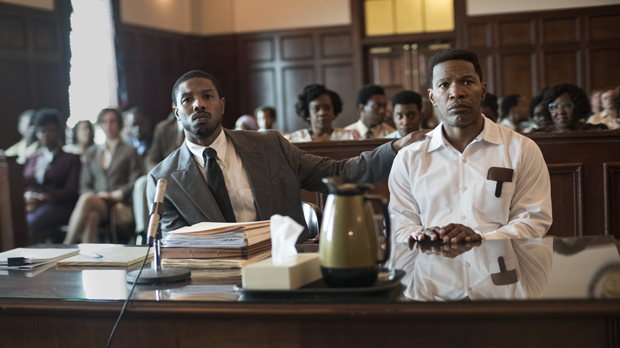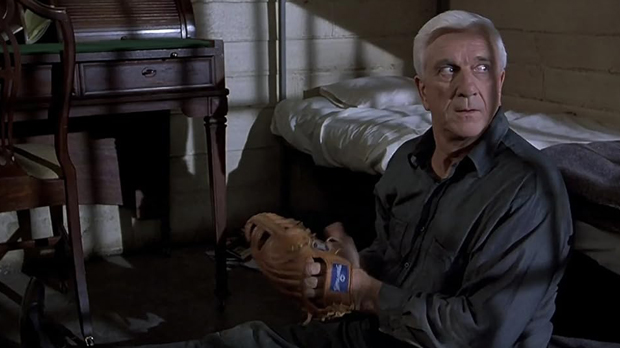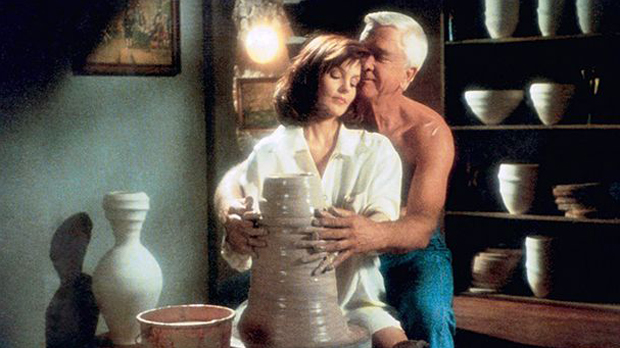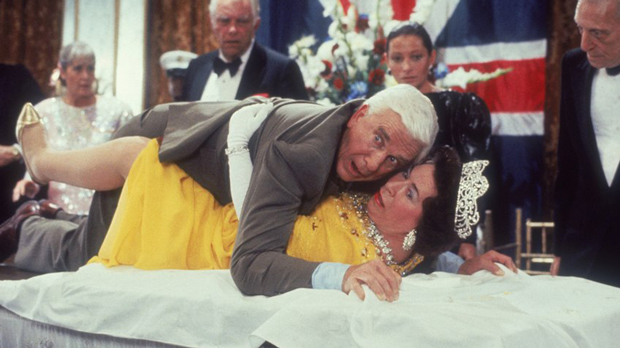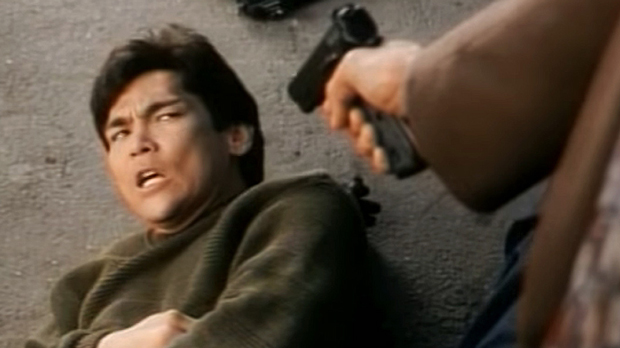 Just Mercy (2019) Warner Bros./Drama RT: 136 minutes Rated PG-13 (thematic content including some racial epithets) Director: Destin Daniel Cretton Screenplay: Destin Daniel Cretton and Andrew Lanham Music: Joel P. West Cinematography: Brett Pawlak Release date: January 10, 2020 (US, wide) Cast: Michael B. Jordan, Jamie Foxx, Brie Larson, Rob Morgan, Tim Blake Nelson, Rafe Spall, O’Shea Jackson, C.J. LeBlanc, Karan Kendrick, Andrene Ward-Hammond, Hayes Mercure, Darrell Britt-Gibson, Michael Harding. Box Office: $36M (US)/$50.4M (World)
Just Mercy (2019) Warner Bros./Drama RT: 136 minutes Rated PG-13 (thematic content including some racial epithets) Director: Destin Daniel Cretton Screenplay: Destin Daniel Cretton and Andrew Lanham Music: Joel P. West Cinematography: Brett Pawlak Release date: January 10, 2020 (US, wide) Cast: Michael B. Jordan, Jamie Foxx, Brie Larson, Rob Morgan, Tim Blake Nelson, Rafe Spall, O’Shea Jackson, C.J. LeBlanc, Karan Kendrick, Andrene Ward-Hammond, Hayes Mercure, Darrell Britt-Gibson, Michael Harding. Box Office: $36M (US)/$50.4M (World)
Rating: ***
I mean no disrespect to the memory of former Death Row inmate Walter McMillian when I say that Just Mercy, a dramatization of the efforts to clear him of all charges related to the murder for which he was wrongfully convicted, is a story we’ve all heard before. Don’t get me wrong, it’s a good movie, but it’s really not all that different from other films about racial injustice within an unbalanced legal system. It operates on the notion, one that’s been proven time and time again, in movies and real life, that the system is stacked against black people, especially in the South. That is most certainly the case with McMillian, known to all as “Johnny D”.
Directed and co-written by Destin Daniel Cretton (Short Term 12), Just Mercy focuses on Bryan Stevenson (Jordan, Creed 1 & 2), an idealistic young black lawyer from Delaware who goes to work for the Equal Justice Initiative in Alabama, a place not known for racial tolerance. Right away, there’s an issue with a property owner who refuses to rent out office space to the EJI because it’s not the type of organization he wants in his building. Bryan and his assistant Eva Ansley (Larson, Room) set up office in her house instead. Their main objective is to provide free legal services to prisoners who didn’t receive a fair trial. In Alabama, that’s par for the course for any imprisoned person of color.
Jamie Foxx (Ray) plays McMillian, a black man accused of killing a white woman during a robbery. Even though he was nowhere near the location at the time of the crime, a fact verified by at least two dozen witnesses, he’s convicted of murder and sentenced to death. His conviction hinges mainly on the testimony of a white felon, Ralph Myers (Nelson, O Brother, Where Art Thou?), coerced by the racist local sheriff into making a false statement. Although McMillian initially rejects Bryan’s offer to file for a retrial, he changes his mind after the Harvard grad takes the time to speak with his family. It’s going to be a tough road, especially with a closed-minded DA (Spall, The Big Short) who refuses to consider the obvious truth. The local police aren’t having it either; they openly harass and intimidate witnesses who contradict the so-called “facts” of the original case.
Bryan’s investigation into McMillian’s reveals an alarming amount of police and prosecutorial misconduct including the suppression of evidence that would clear the accused. It also opens him and Eva up to threats from private citizens and cops. At one point, he’s pulled over by two cops (for no reason) who point a gun at his head. Through it all, and this is what is truly amazing about Jordan’s performance, he keeps his cool. As a black man, he’s fuming inside, but to let it out would be self-defeating. As an educated black man in a white Southern setting, he must maintain self-control because to do otherwise would be giving the racist rednecks the advantage. You read the pain of doing this all over Jordan’s face. His most effective scene, however, is when he witnesses his first execution, a black Vietnam vet with PTSD (Morgan, Mudbound) who accidentally killed a woman when he planted a homemade bomb on her front porch. He didn’t mean to kill her; it was untreated mental illness that made him do it. He’s not eager to have his conviction overturned as he knows he’s guilty and is ready to accept the consequences. Bryan watches as he’s strapped in the electric chair and zapped. His reaction in the parking lot afterwards is a powerful moment. BTW, the vet is the most interesting character in Just Mercy. He’s treated less as a symbol than an actual person. Foxx is also very good as McMillian, a man who’s given up all hope of justice until Bryan comes into his life. It’s interesting to watch him as he begins to realize he may have a future outside prison walls.
Although Just Mercy tells a familiar story, it’s also a compelling one bolstered by fine performances from Jordan, Foxx and Larson who is given disappointingly little to do. Her big scene involves her being scared out of her mind for her family after she receives a bomb threat over the phone. The rest of her time is spent offering words of encouragement to Jordan’s character. Unlike most films of its type, Just Mercy doesn’t leave the viewer feeling angry as he/she leaves the theater. It has some emotional heft, but not to the point of righteous indignation.
Some will complain that Just Mercy paints a picture of all white Southerners as racist rednecks, but I’m willing to chalk it up to Hollywood’s tendency to make white devils out of all those who would send an innocent man to prison because of his skin color and/or economic status. In fact, Ralph the lying felon is also shown to be a victim of the system as he is poor and uneducated. In any event, the audience I saw Just Mercy with seemed to really love it. There was audible crying and applause at the end. Me, I liked it. It runs a bit longer than it needs to, but it’s a good, well-intentioned movie that tells a story that needs to be heard even if we’ve heard a hundred others like it.
